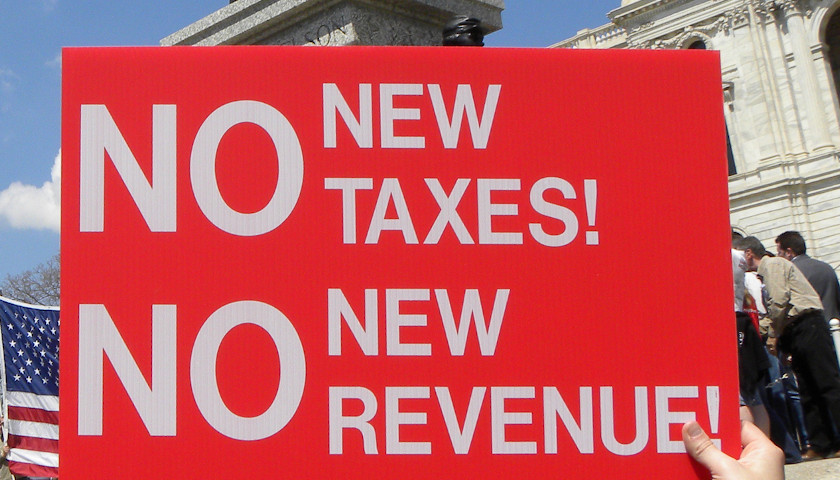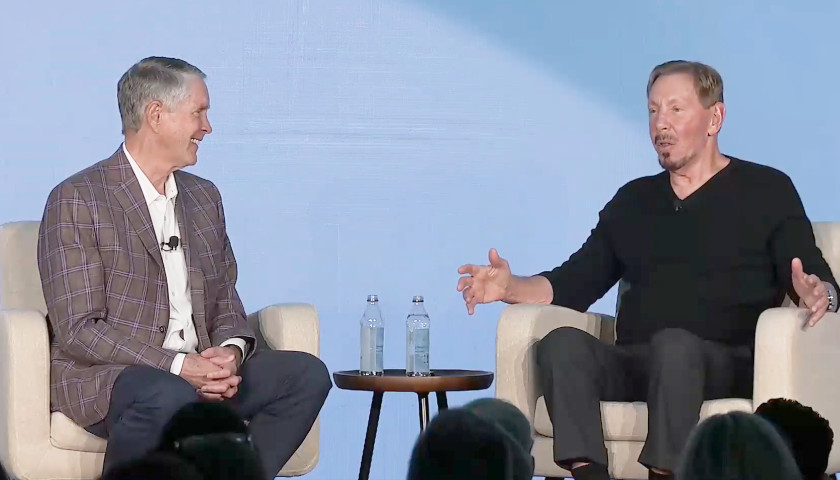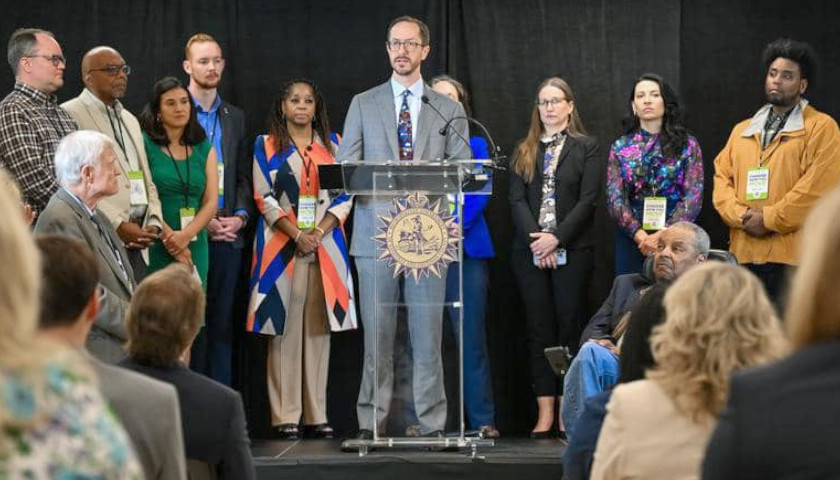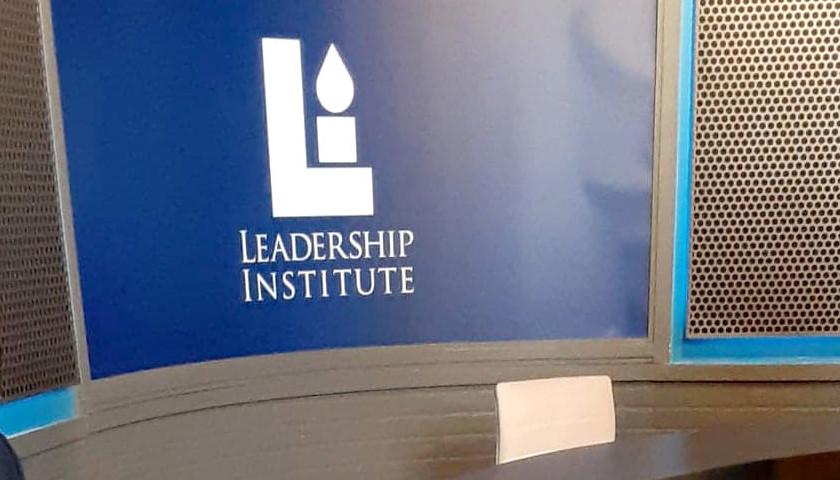At least two citizen-led efforts are underway to fight back against Nashville Mayor John Cooper’s proposed 32 percent property tax increase.
Cooper unveiled his $2.447 billion budget for the fiscal year 2021 – an increase of $332 million over the current year late last month, The Tennessee Star reported.
The financial impact of the tornado and the COVID-19 pandemic on the fourth quarter of the current year and the upcoming fiscal year requires that the property tax rate be raised by $1.00, from $3.155 to $4.155, a press release said at the time.
What Cooper didn’t say is that he increased the fiscal year 2021 budget – his very first – by $115.9 million over the current year budget. That increase comes after the current year, which ends June 30, is estimated to be short by $215.8 million as compared to the budget.
The revenue shortfall, largely in sales tax revenues, and the budget increase will come at the expense of Nashville property owners, as The Star reported.
Cooper’s significant property tax increase has been met with at least two citizen efforts to stop it as Nashville’s Metro Council will take up the budget in June.
LowTax4Nash.com, an effort of Nashville Citizens for Fair & Transparent Government, urges Nashville residents that their property tax will increase dramatically, “Unless we act now.”
On their website, the group gives both homeowners and renters the estimated impact of Cooper’s 32 percent property tax increase on their property tax bill.
The group points out that last year former Mayor David Briley’s Blue Ribbon Commission investigated ways to reduce costs within the city, yet no cost-cutting has occurred.
Cooper ran on a platform of “no new taxes” and financial transparency, yet he suddenly proposes a giant property tax increase at a surprise to Nashville taxpayers, the website says.
LowTax4Nash.com offers eight specific ways that Cooper could cut his proposed $332 million increase, and asks website visitors to select which ones they agree with. Options include furloughing city employees much the way Nashville residents have, reducing the amount of the proposed reserves, reducing funding for the underused public transportation system known as Metro Transit Authority, and reducing funding to arts and non-profit programs.
Conversely, if Cooper’s 32 percent property tax increase that supports his $332 million dollar budget increase seems like a good idea, the Nashville taxpayer can select that option.
Once the website visitor selects their options, the system automatically generates an email that is sent to Cooper and Metro Council members, advising the mayor and Council member of the taxpayer’s opinion.
Meanwhile, the separate NoTax4Nash.com says that “In the middle of an economic disaster John Cooper wants a HUGE Property Tax Increase? NO! Absolutely NOT!”
The NoTax4Nash effort is being spearheaded by Michelle Foreman, who is a member of the Republican Party State Executive Committee and a former candidate for Metro Council’s District 35.
Foreman told The Star that, having grown up in Nashville, she has watched how local government works through a system of nepotism, back-door deals and inept government that goes unchecked election after election.
Foreman, who has a healthcare background, said Nashville has a mayor who refuses to let people go back to work normally like they could and should.
“There is an element of adding insult to injury,” Foreman said of Cooper’s putting a 32 percent property tax increase in place “when there are people who don’t have jobs.”
She said it seems “unconscionable” and “egregious” to her to assess another 32 percent on property taxes when they don’t have a job and there are ways to cut the Metro budget to prevent it.
Foreman said she is working with a small team of people that may not want to be named, but they have identified areas that need to be cut that would really impact the budget in a good way.
She wants to go after “things that just don’t matter right now when folks don’t have jobs.”
Foreman said the group had what she called “a good meeting” with Cooper last week, during which he was shown areas that could be cut. She said Cooper seemed amenable to cuts and a follow-up meeting has been scheduled.
If Metro Council does not pass a substitute budget by June 30, then Cooper’s budget with the 32 percent property tax increase will – by default – go into effect on July 1.
—
Laura Baigert is a senior reporter at The Tennessee Star.









I suggest adding or increasing taxes on those services that tourist in the downtown use, i.e., hotels, taxis, bars, restaurants, uber, entertainment venues, sports venues, etc. Some or most of these services were promoted and given financial assistance by the government and should share the tax burden resulting from their endeavors instead of the propery owners outside the downtown area.
Lance, Unfortunately increasing these types of taxes – which are already too high – is akin to killing the goose that laid the golden eggs. The only real solution is controlling expenses but the Nashville “leaders” only know how to spend more instead of living within their means.
bravo, before you even think about raising taxes Cooper must eliminate wasteful spending and I would start with the Metro Transit Authority.I travel Gallatin Pike daily and I can atest most of the buses are empty or have afew riders especially the tanden buses. Total waste of taxpayer money. NO NEW TAXES !
This is the typical shell game that politicians play. They tell us that the City/County/State needs a “new car”. Then they put in the budget to buy a Ferrari. If citizens are paying attention and start pushing back, the politician then says that they will “cut” the budget. But they still propose to buy a Corvette. Never do they ever propose that they ride the bus like they expect the rest of us to do.